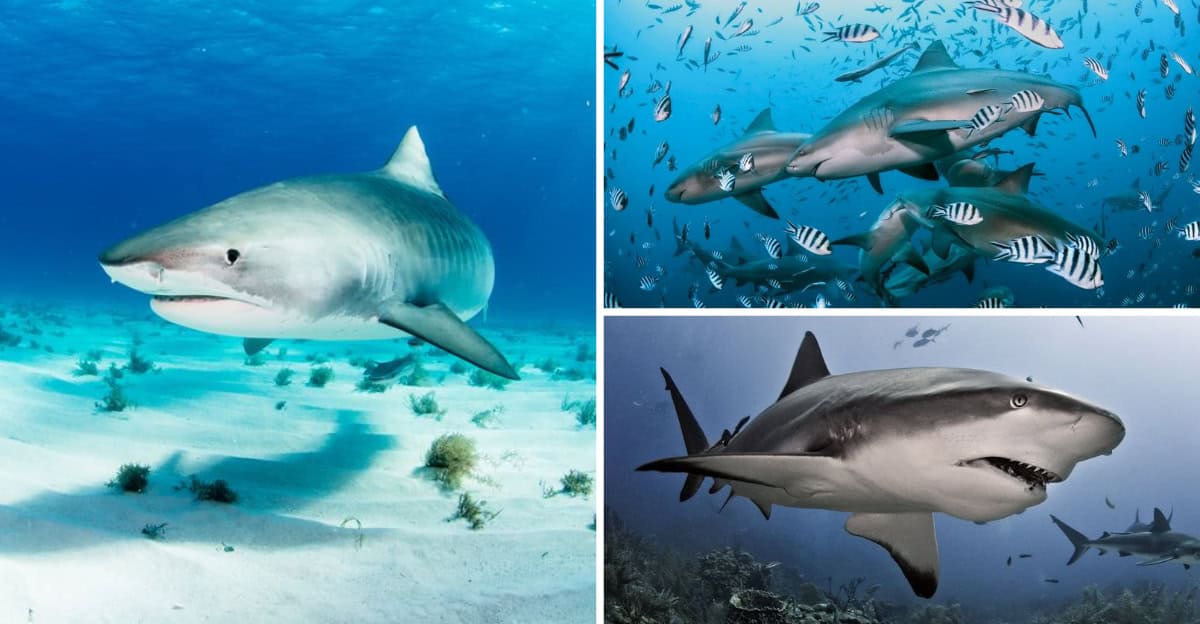Dive into the mysterious depths of the ocean to explore the incredible world of sharks.
magnificent creatures have fascinated humans for centuries, often being misunderstood and feared.
However, there’s much more to sharks than meets the eye. In this blog, we will unveil seven mind-blowing facts about sharks that highlight their unique behaviors, surprising intelligence, and essential roles in marine ecosystems.
Get ready to be amazed by the hidden wonders of the shark world!
1. Sharks Are Older Than Dinosaurs
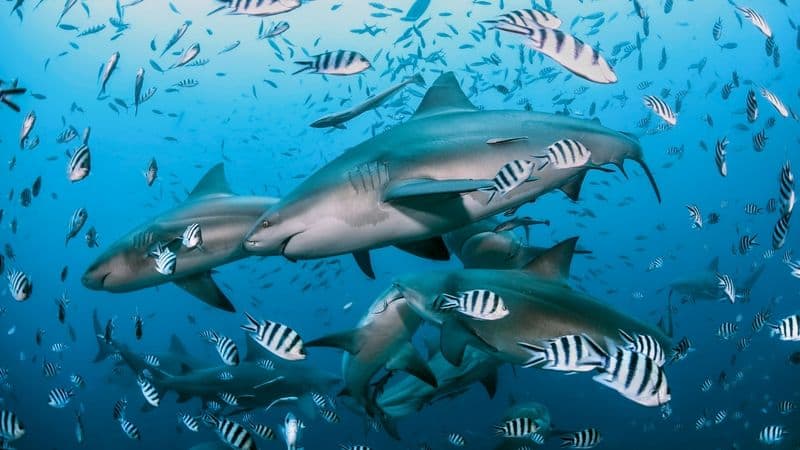
Sharks have roamed the Earth’s oceans for over 400 million years, making them older than the dinosaurs.
These ancient creatures have evolved into over 500 different species, each adapted to its unique environment.
Fossil evidence shows that sharks have survived five mass extinction events, showcasing their resilience.
Despite their age, sharks continue to evolve, with some species exhibiting unique adaptations like bioluminescence and electroreception.
Their ancient lineage offers a fascinating glimpse into the Earth’s prehistoric past, reminding us of the ever-changing nature of life on this planet.
2. Sharks Have a Sixth Sense
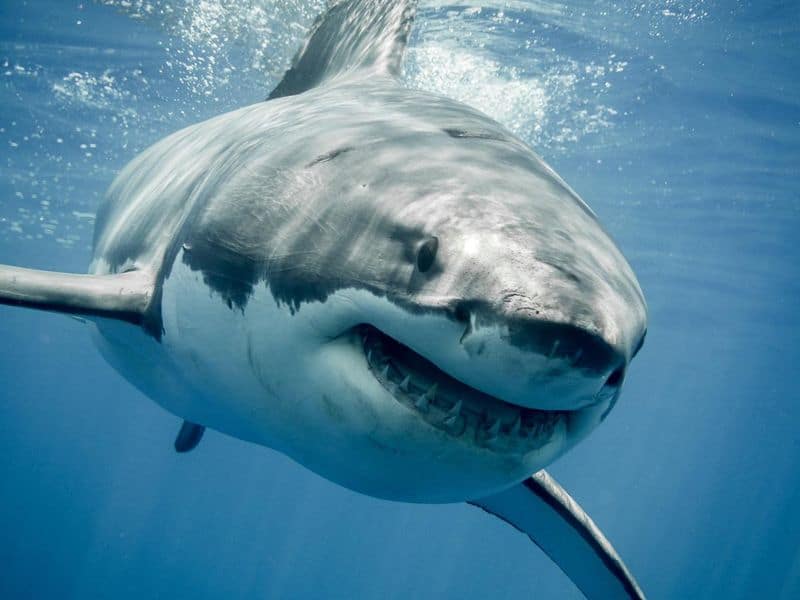
Sharks possess an extraordinary sixth sense known as electroreception, which allows them to detect the electric fields generated by other living organisms.
This remarkable ability is facilitated by specialized sensory organs called ampullae of Lorenzini.
Located on their snouts, these organs enable sharks to hunt even in complete darkness, detecting the tiniest of movements in the water.
Electroreception not only aids in hunting but also plays a crucial role in navigation, helping sharks migrate across vast ocean distances.
This unique sense sets sharks apart in the animal kingdom.
3. Sharks Are Vital to Marine Ecosystems
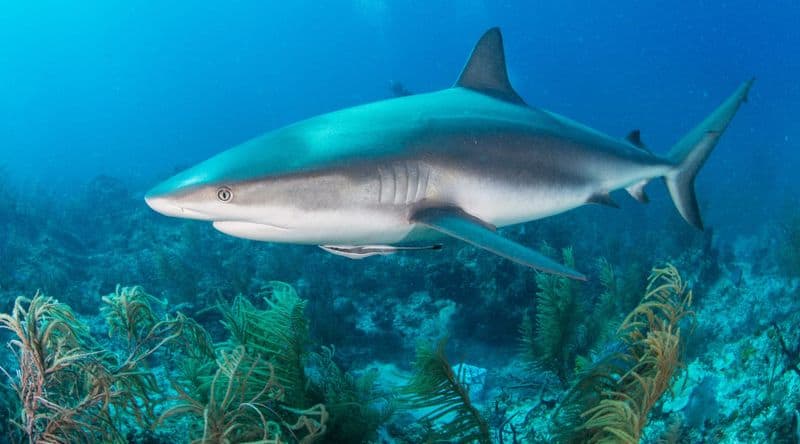
As apex predators, sharks play a critical role in maintaining the balance of marine ecosystems.
By controlling the populations of prey species, they help prevent overgrazing of seagrass beds and coral reefs.
This ecological balance ensures the health of marine habitats.
The presence of sharks indicates a thriving ecosystem. Conversely, their decline can lead to the collapse of marine environments, affecting biodiversity. Protecting sharks is essential not only for the survival of these magnificent creatures but also for the health of our oceans.
Their ecological importance cannot be overstated.
4. Sharks Exhibit Complex Social Behavior
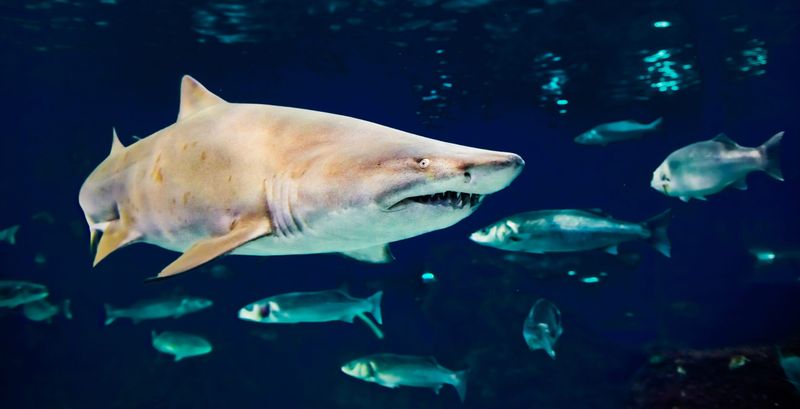
Contrary to popular belief, sharks are not solitary creatures. Many species display complex social behaviors and form structured groups known as schools.
Within these groups, sharks communicate through body language and chemical signals.
Studies have shown that some sharks even form social bonds and exhibit learning behaviors, challenging the misconception that they are mindless predators.
Understanding these interactions helps researchers gain insight into shark behavior and improve conservation efforts. Embracing their social nature can aid in changing public perceptions about these incredible animals.
5. Sharks Can Live a Long Time
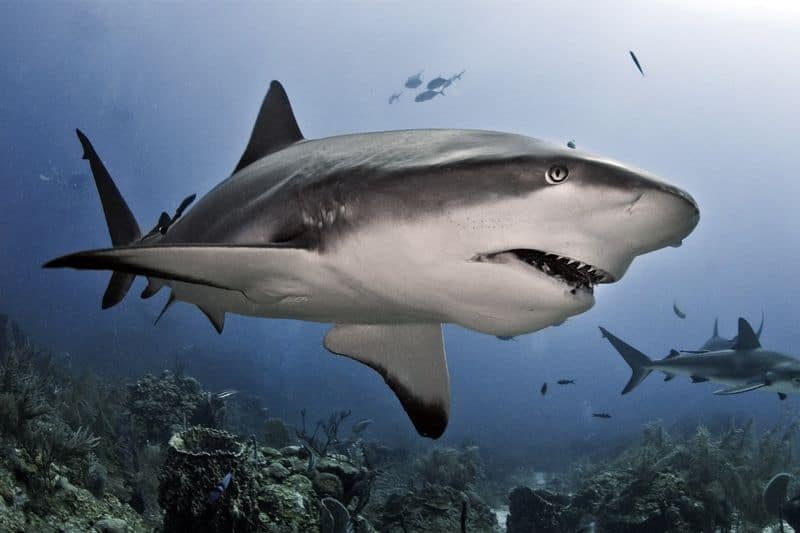
Some shark species boast impressive lifespans, with the Greenland shark being one of the longest-living vertebrates on Earth.
These sharks can live for over 400 years, thriving in the cold, deep waters of the Arctic.
Their longevity is linked to slow growth rates and late maturity, factors that also make them vulnerable to overfishing.
Protecting these ancient mariners is crucial to preserving their genetic diversity. By understanding their life cycles, scientists hope to uncover secrets about aging and longevity that could benefit other species, including humans.
6. Sharks Are Misunderstood Creatures
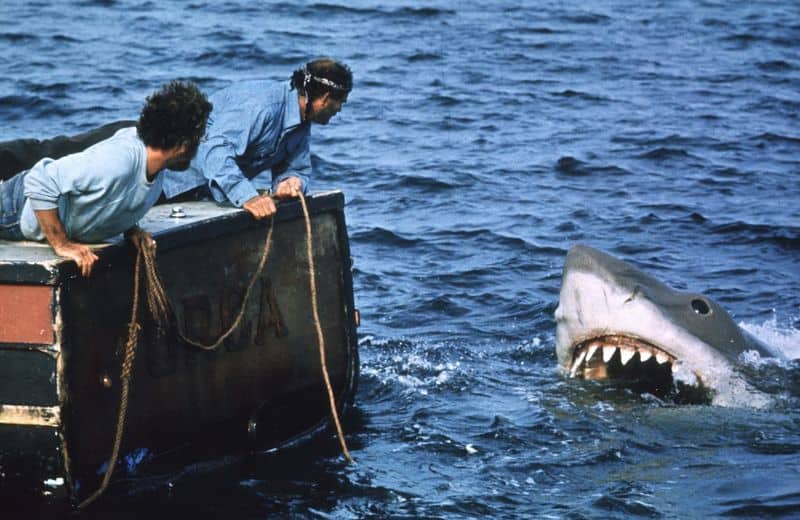
Sharks often suffer from a bad reputation, largely due to sensationalized media portrayals.
However, most shark species are not dangerous to humans and play a vital role in marine ecosystems. Their perceived aggression is often a misunderstanding of their natural behaviors.
Encounters with sharks are rare, and they typically avoid human interaction. Educating the public about shark behavior and conservation efforts can help dispel myths and promote coexistence.
By recognizing sharks as vital components of our oceans, we can foster a more balanced and respectful relationship with these magnificent creatures.
7. Shark Conservation is Urgent
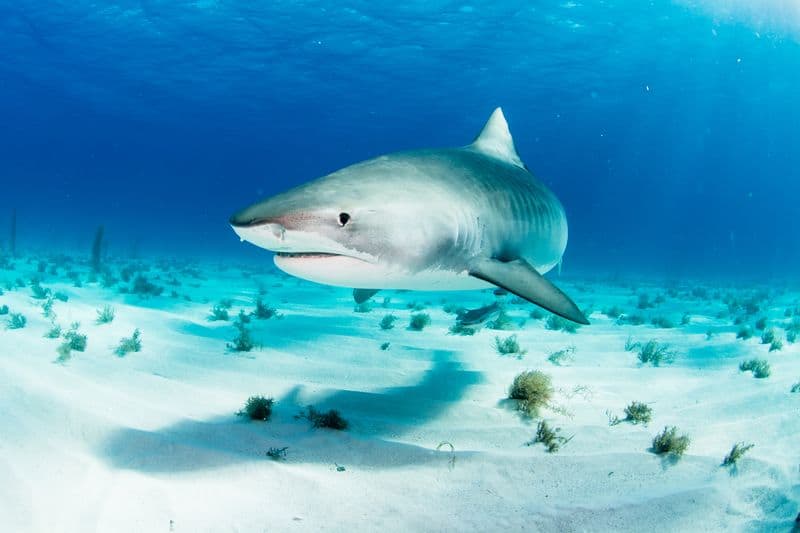
Shark populations worldwide are facing severe declines due to overfishing, habitat loss, and climate change.
Approximately 100 million sharks are killed each year, primarily for their fins. This unsustainable practice threatens their survival and disrupts marine ecosystems.
Conservation efforts are crucial to reversing these trends. Initiatives like marine protected areas, sustainable fishing practices, and public awareness campaigns play a vital role in safeguarding sharks’ futures.
Supporting these efforts ensures that future generations can witness the wonder of sharks in their natural habitats. Acting now is essential for their preservation.

